
iPhone kills carrier profits
Second in a series. Two days ago, I established that iPhone's market share is heavily dependent on carrier subsidies. Now let's take a look how iPhone subsidies affect carriers and the potential impact this could have on Apple.
To Summarize, under iPhone's current subsidy structure, it is practically impossible for carriers to break-even. Even when factoring higher churn rate of other smartphones and lower cost of retaining iPhone users, Apple's device still costs carriers too much to be really profitable compared to other smartphones. Essentially, Android, BlackBerry and Windows Phone users subsidize iPhone owners. Carriers make more money from non-iPhone smartphone owners, while raising data and early-termination fees to offset iPhone costs.
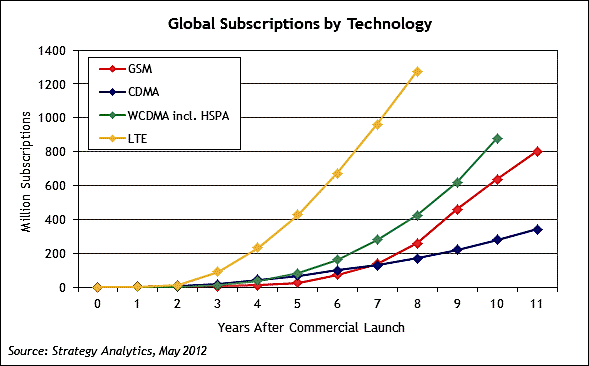
4G LTE: 1 billion served by 2017
Unsurprisingly, 4G LTE is the fastest growing cellular network technology, in part for what it delivers and deployment's timing. Strategy Analytics forecasts that 4G LTE will reach 1 billion connections, or 15 percent of all, by 2017. That compares to 12 years for GSM and about 11 years for WCDMA to reach as many.
But LTE isn't gain without pain. In the United States, Verizon by far and large has the most expansive 4G network, reaching 250 metro areas and 200 million Americans compared to 38 metros and 75 million people for AT&T. Adoption still is fairly low, perhaps because phone subscribers don't understand the value. Meanwhile, Verizon will axe grandfathered unlimited plans when subscribers upgrade to LTE. There's pain for the gain.
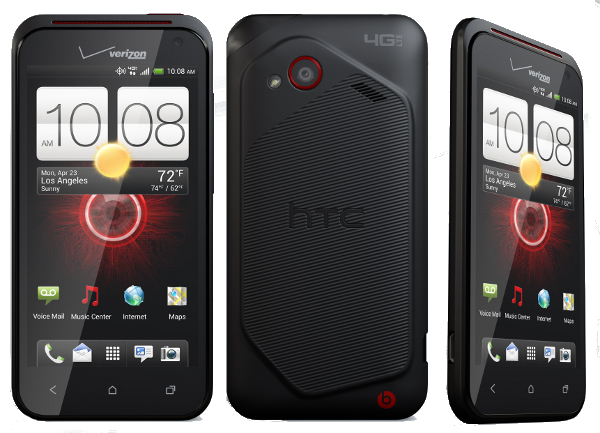
HTC Droid Incredible 4G LTE picks up where its predecessor left off
In the continuing stream of "sequels" to popular Android smartphones, HTC and Verizon Wireless on Monday announced the Droid Incredible 4G LTE, the follow-up to the popular Droid Incredible, which launched at this time two years ago.
Part of what made the first Droid Incredible a hit was its price-to-performance ratio. For $199, the phone offered a high megapixel camera, a good processor speed, and an acceptable screen. HTC appears to have stuck to this balance with the Droid Icredible 4G LTE, while adding the namesake LTE radio.
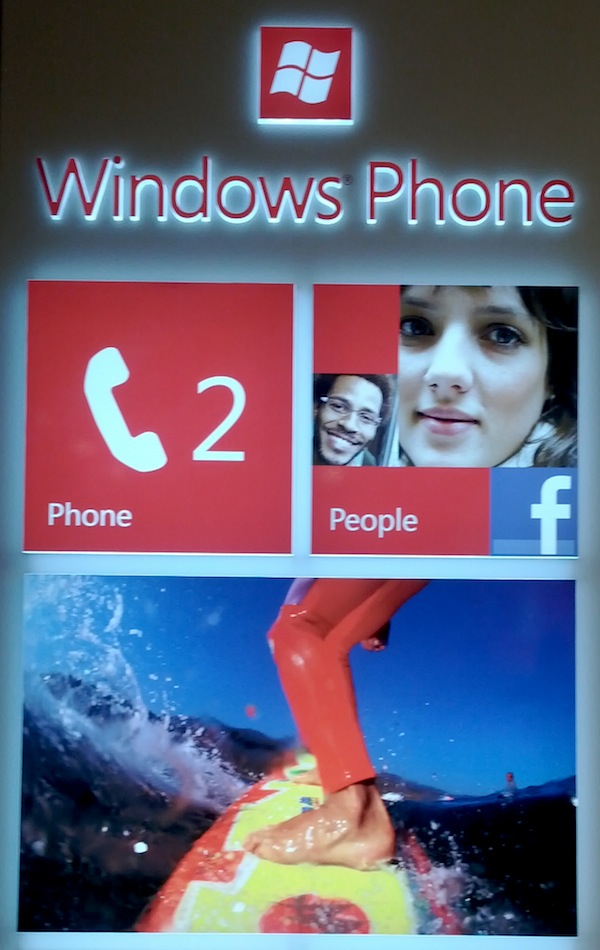
Windows Phone will gain serious market share this year
Let me repeat that a little more verbosely. Watch for Windows Phone to grab a serious hunk of market share at the end of 2012. No doubt about it. "Huh?" you ask. Believe it.
The Feibus-is-crazy club most assuredly is enjoying a surge in membership right about now. And why not? There is certainly plenty of evidence to suggest that Windows Phone thus far has underwhelmed.
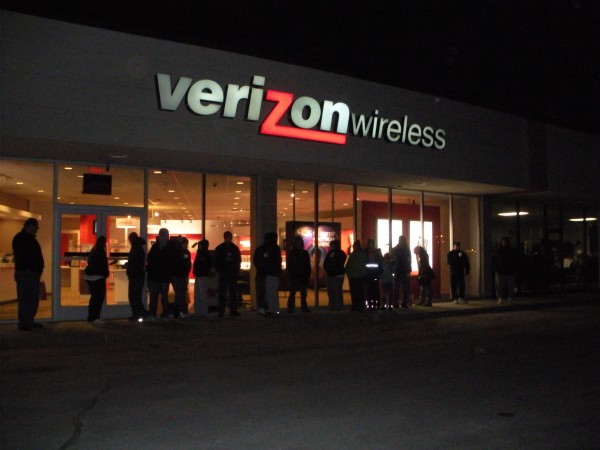
Verizon Wireless agrees to sell off wireless spectrum pending $3.6B cable deal
Mobile network operator Verizon Wireless on Wednesday announced it will be auctioning off all of its 700 MHz A and B spectrum licenses if it can obtain the AWS licenses from SpectrumCo, a joint venture held by the United States' biggest multi-network operators: Comcast, Time Warner Cable, Bright House Networks, Cox, and Leap Wireless.
Last December, SpectrumCo announced it would be selling 122 licenses in the AWS spectrum to Verizon Wireless for $3.6 billion so the wireless carrier could further build out its 4G LTE network, which currently resides in the upper C band in the 700MHz block.

Despite U.S. employment gains, Verizon Wireless to cut 3,175 support jobs
Friday's big U.S. news might be that more than 220 thousand jobs were added in the month of February, but not everything is as bright and shiny in the world of communications.
The nation's largest mobile network operator Verizon Wireless announced it will be shutting down several of its U.S. support centers and eliminating as many as 3,175 non-union jobs by the end of the third quarter of 2012.
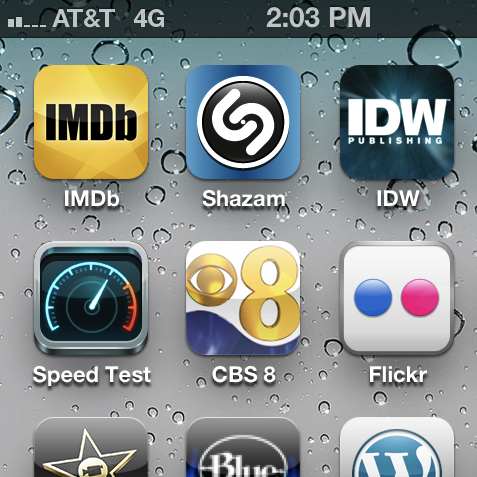
Who needs iPhone 4S LTE when you've got iOS 5.1?
Wow, it's like magic. Apple frequently uses that word or some extension, right? Calling iPad "magical". Well something magical happened to an iPhone 4S one of my family members owns. Upgrading to iOS 5.1, which Apple released today, changed that cute signal indicator from 3G to 4G. What an upgrade! All for free, too.
But wait! My speed test isn't any faster. It's still slow mo as ever. I conducted three speed tests in a row from my apartment. Ah, cough, cough -- .16Mbps, .94Mbps and .60Mps downstream. Woohoo! Gimme some of that 4G, AT&T!
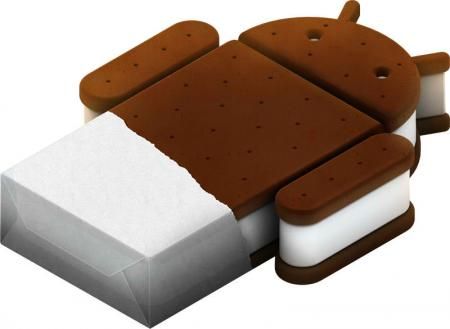
Verizon stiffs 3G Android owners
There's no Ice Cream Sandwich for you, baby. Verizon has announced the smartphones and other devices eligible to receive the sweet Android 4.0 dessert, and all but two are 4G LTE. That's right, if you're among the 95 percent of Verizon subscribers on 3G, and you've got Android, no upgrade is planned.
Only 5 percent of Verizon subscribers currently have LTE, even though the service is available to over 200 million in 196 metro areas. Verizon offers about two dozen LTE smartphones, tablets, netbooks and modems/mobile hotspots. Only 15 devices make the cut.
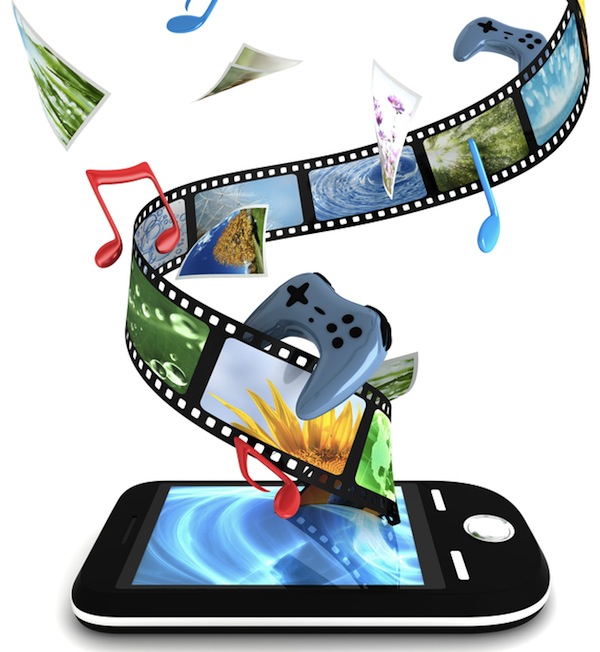
Guess what? Tiered cellular data plans don't reduce usage!
The practice of data speed throttling and the reasons behind it look less sanguine now following the results of a study showing that on average there is little difference between the data usage of the top five percent on both tiered and unlimited plans. So now what's the excuse?
I have been beating the drum against throttling for much of this month on the pages of BetaNews. First was my response to AT&T's unfair treatment of long-time customers. Then Cisco came out a week later with a study that shows consumers are using more data than the carriers lead us to believe. AT&T of course responded to this, blaming you for its bandwidth issues.

Verizon 4G LTE is down again
Verizon Wireless customers coast to coast are taking to social media and the company's support forums to complain about yet another nationwide 4G LTE outage, at least the fourth in the past three months. The issues started sometime early Wednesday morning and continues through press time.
"VZW is investigating customer issues in connecting to the 4GLTE data network. 3G data, voice and text services are operating reliably", the company writes in a tweet mid-morning on Wednesday. Reports are widespread: outages are reported in Detroit, Phoenix, Indianapolis, and Columbus, Ohio among other locations.

iPhone 4S sure is a slowpoke
The question I have: Why doesn't it matter?
Over the weekend, iPhone 4S and I spent some quality time together. My interest: How does the user experience compare to Galaxy Nexus? There certainly are differences, but the most startling, at least in San Diego, Calif., is data speed. Verizon's LTE network kicks ass, while AT&T's HSPA+ -- on iPhone 4S -- does not. Hey, why walk 30 miles to work when you can drive there?
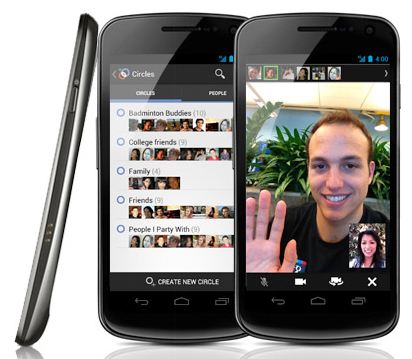
Thanks, Verizon! Shared data plans are long overdue
We've all been sharing minutes in our family plans. This worked in an age where our phones were dumb, and the most we did was text and occasionally check the web. Times have changed though with all these smartphones in the wild, but the carriers have not. Where's our shared data plans?
Color me shocked, but Verizon is joining that charge. The nation's largest carrier said last month that it was introducing pooled data plans this year, and a new post on Engadget indicates this may be coming sooner than we think. A new section lists "account level data plans". Like your minutes you pay an account level charge, then a per line charge.
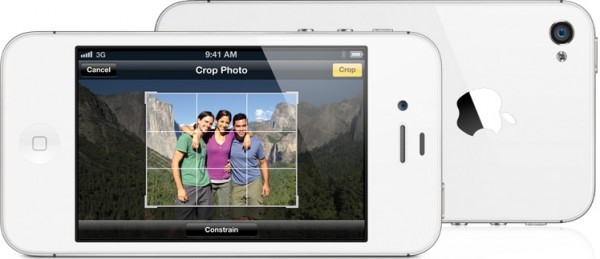
iPhone represents more than half of Verizon smartphone sales
This morning before the opening bell, Verizon Wireless announced fourth-quarter results. The carrier sold 7.7 million smartphones. Earlier this month, the nation's largest carrier disclosed 4.2 million iPhone activations during the same time period. Divide it up, and iPhone accounted for 54.5 percent of Verizon smartphone sales. (Update: Revised 4.3 million number released today puts it at 55.8 percent.) By comparison, Verizon sold 2.3 million 4G LTE devices, which includes mobile hotspots and tablets. At best, LTE devices accounted for 30 percent of smartphone sales. However, since that number includes other devices, iPhone outsold LTE smartphones by about 2 to 1.
In September I asked: "What if there is no iPhone 5 LTE?", before Apple announced 4S instead. Today, Verizon answered that question. As of Monday, the nation's largest 4G network reached 200 million in 195 US markets. Verizon currently offers 20 LTE devices, 10 of them smartphones -- 11, if counting 16GB and 32GB Droid Razrs. How much does LTE matter? Clearly not enough.

Verizon blames 4G network outages on 'growing pains'
Verizon's claim of being the nation's most reliable network sure took a hit this month. At least three separate outages occurred during December, frustrating customers. The carrier's statement, however, could not be more non-committal, as it blames the outages on the perils of building out its 4G LTE network.
"Being a pioneer comes with growing pains", the carrier says in a statement. "The recent issues that affected our customers' 4GLTE service were unforeseen despite careful, diligent planning, deployment and ongoing upgrade programs". Each of the three outages were blamed on different issues, which engineers have since remedied to prevent those issues from occurring again.

Verizon's LTE network returning to normal after second outage
Verizon 4G customers are experiencing issues with connectivity for the second time this month as the carrier struggles to restore the network. Issues are being reported throughout the company's nationwide 4G LTE network, although the cause is not immediately known.
"Verizon Wireless 4G LTE service is returning to normal this morning, after company engineers worked to resolve an issue with the 4G network during the early morning hours today", the company says. "Throughout this time, 4G LTE customers were able to make voice calls and send and receive text messages. The 3G data network operated normally".
